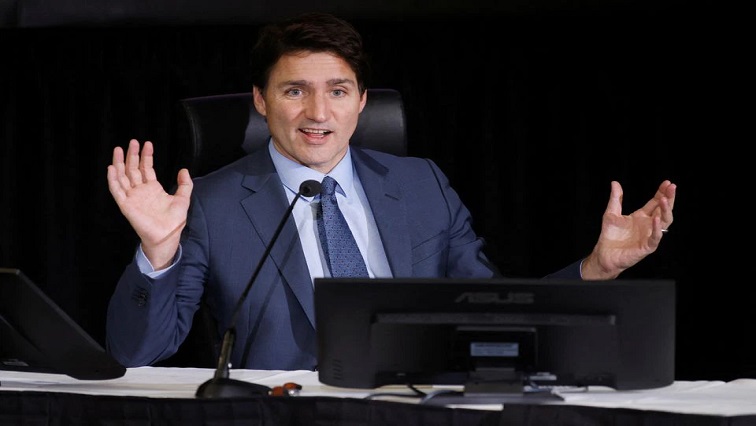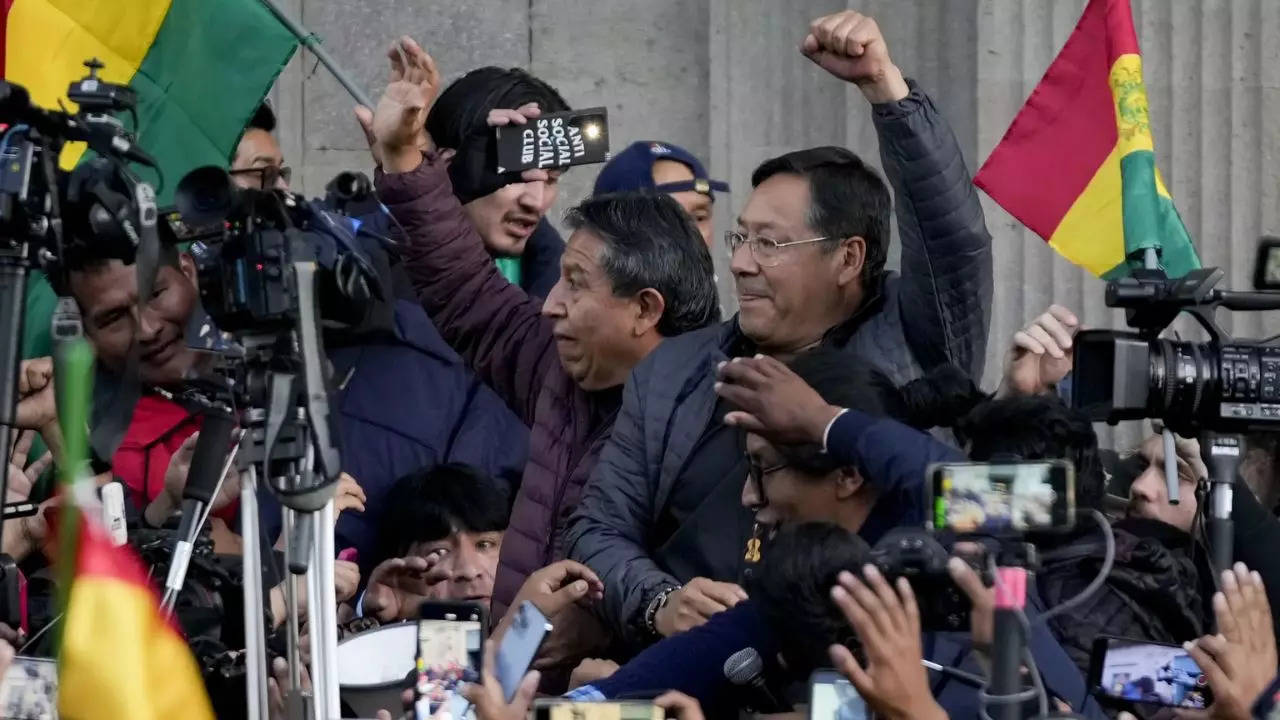“They didn’t just want to be heard. They wanted to be obeyed,” Trudeau told an independent public commission that examines the government’s use of powers.
“I am absolutely, absolutely calm and confident that I made the right choice in accepting the call.”
It was a rare appearance by a sitting prime minister at a public inquiry aimed at shedding light on the process that gave authorities extraordinary powers and whether decisions were made in a transparent and accountable manner.
The final report must be presented to the Canadian Parliament by February 20.
Trudeau cited the threat of serious violence and the lack of a credible policing plan for local police as reasons that prompted him to invoke the Emergency Act, which has not been used in its current form since it was created in the 1980s.
Civil liberties advocates argued that the police could have lifted the blockades using existing powers. Lawyers for the convoy organizers and others said Trudeau had not read the plan prepared by Ottawa police, and pointed out that one border was eliminated and another was criminally charged without using emergency powers.
Trudeau acknowledged that “not all tools were used” by police and said that was a problem. He said he would not have used emergency powers if someone had convinced him that the situation could have been resolved without them.
“We kept hearing that there was a plan … (but it) wasn’t even in the most generous of specifications of the plan,” Trudeau said.
The act gave the government temporary powers, including the ability to impose restrictions on public gatherings and mobilize federal support for local and provincial police.
It allowed financial institutions to temporarily freeze the bank accounts of people believed to be supporting the convoy and allowed the government to order evacuees to remove the blockades.
“DANGEROUS MOMENT”
Earlier this week, Canadian Finance Minister Chrystia Freeland said Canada faced a “dangerous moment” amid protests that have shut down a vital trade corridor between the United States and Canada.
Trudeau also said he tried to reassure US President Joe Biden that Canada “is going to continue to be a reliable partner” amid the disruption caused by the border blockade.
A lawyer for the column’s organizers said the Emergency Act could have been avoided if a “de-escalation agreement” with the protesters had been followed. She asked Trudeau, “When did you and your government become so afraid of your citizens?”
“I don’t and we don’t,” Trudeau replied.
The impact of the protests reverberated across Canada and abroad long after border blockades and protests in Ottawa were lifted in February, followed by mock trailer and truck protests in the United States and France.







